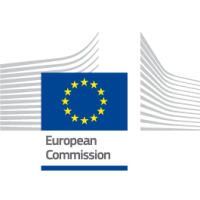
European Commission's Webinar on Small Rural School Innovation through Internationalisation
This webinar focused on the internationalisation processes as a level for innovation in small and rural schools. It also explored key findings from research that help teachers and school leaders to implement international projects.
Webinar information
Description
In addition to internationalisation, the webinar addressed critical educational challenges such as the quality and availability of teacher training programs and the strategies required for managing multi-age classrooms. The webinar also tackled the importance of developing teaching strategies tailored to enhance and apply the remote education model, with the support of distance learning methods and the use of information and communication technologies (ICT).
Finally, the moderator of the eTwinning Featured Group "Small and Remote Rural Schools", who teaches in a rural school, presented his point of view on the topic, and shared with us his experiences, the challenges, and the reality of being a teacher or a student at a small rural school.
Download the first PowerPoint presentation here
Download the second PowerPoint presentation here
The content of this webinar reflects the views only of the authors. The European Commission does not endorse any views, opinions or advice expressed by the speakers/presenters of this webinar.
About the speakers
Informacione shtesë
-
Language:English
-
Target audience:TeacherHead Teacher / PrincipalTeacher Educator
-
Target audience country:
-
Target audience ISCED:Primary education (ISCED 1)Lower secondary education (ISCED 2)Upper secondary education (ISCED 3)





